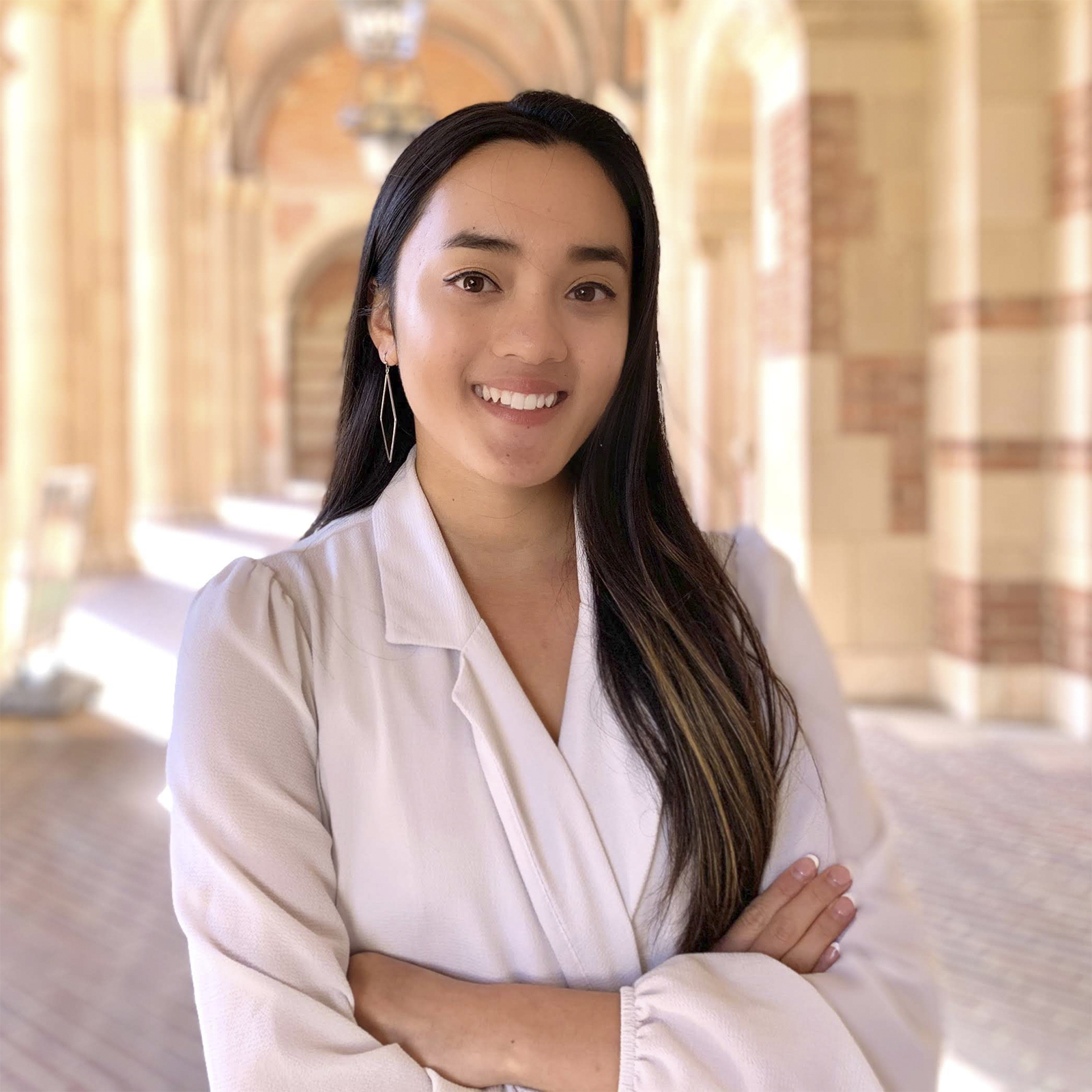Conflicting reports breed distrust in, avoidance of news among Americans

(Firyal Bawab/Daily Bruin)

By Olivia Tran
Jan. 9, 2020 12:23 a.m.
UCLA students, like many Americans, have said they are having more difficulty paying attention to national news because of the huge influx of information, particularly conflicting information, from various news platforms.
About 60% of Americans say they frequently see conflicting information from varying sources, according to a recent poll from the Associated Press-NORC Center for Public Affairs Research and USAFacts. Additionally, only about 41% of Americans report having a “great deal” or “fair amount” of trust in mass media, according to a poll from Gallup.
Jonathan Wang, a third-year history student, said he thinks students often find it difficult to pay attention to national news while balancing their expected daily responsibilities.
Wang added that he has noticed the growing tendency for college students to largely ignore the news because of the vast amount of information available.
“I try to be actively paying attention to the news, but it’s hard to because there is just too much information,” Wang said. “A lot of news is just headline news, and we have to assume what is going on.”
Karina Arenivaz, a fourth-year political science student, said she finds it more important and effective to pay attention to local news instead of following national news.
“I’m all about locality,” Arenivaz said. “I care about local news and local power. When it comes to global news, it is super biased. I can’t afford to give my time.”
Arenivaz recognizes, however, that students should be paying attention more closely to national news that can carry long-term consequences for their demographic.
“I think we should be paying the most attention,” Arenivaz said. “Our young adult student body is underrepresented when it comes to voting, while old people turn out. We should be getting informed, but we’re always worried about trying to finish school, thinking of the next step, and normal everyday things get in the way.”
According to The New York Times, a growing challenge among Americans who do not closely follow the news is taking the time and effort to figure out what is true, false or a spin on the facts. Instead, more people are choosing to tune out the news altogether.
“Students are either too busy or simply don’t have interest in the news,” Wang said. “Students also do not know how to properly pay attention to it. We usually do not check if our sources are reliable or check beyond the headlines we’re given.”
Wang added that more Americans may be distrustful of the news, rather than not be paying attention at all.
“Depending on their news sources, people are informed differently,” Wang said. “A lot of the news out there is either liberal or conservative. People don’t get the other side.”
John Zaller, a political science professor, added that the only significant trend in news consumption has had to do with trust and confidence, rather than a decline in news consumption.
“Some people trust the media and others don’t,” Zaller said. “People on the Republican side trust (President Donald Trump) more than they trust the media. Democrats, who don’t have a united national leader, trust the mainstream media.”
According to a 2019 Gallup poll, 69% of Democrats say they have trust and confidence in the news, while only 15% of Republicans share the same sentiment. Fox News is the only news source the majority of Republicans trust, while there are six national news sources the majority of Democrats trust, the poll reported.
“Democrats are as trusting as ever, and Republicans are as mistrusting as ever,” Zaller said. “From this data, we can expect a polarized response.”
Zaller added that this biased news consumption may carry implications for increased partisanship from both politicians and the public.
“Party leaders probably have more influence than they used to,” Zaller said. “News, and how people view it, is important for partisan influence.”
Arenivaz added that she thinks it’s important to know where our news is coming from, especially at a time when newsfeeds and TV channels have become further bogged down with partisan news.
“With access to the whole world at our fingertips, I think we should be paying attention more carefully to what we see and hear,” Arenivaz said.

